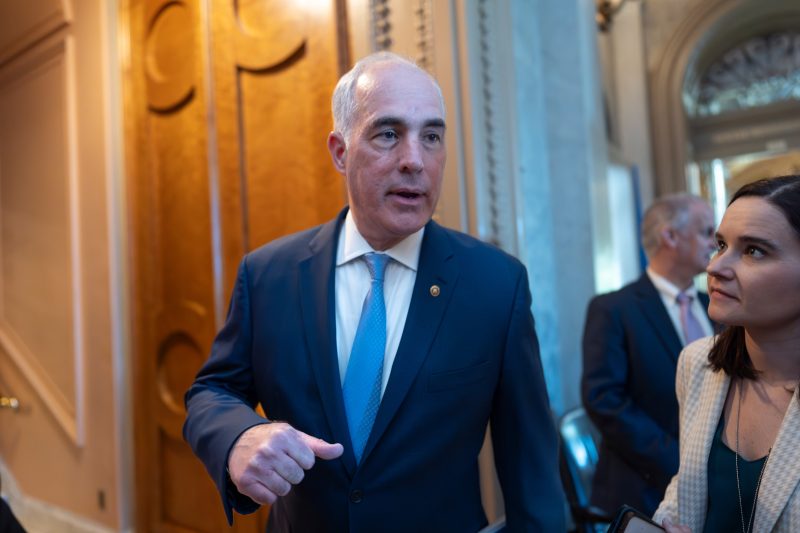When examining the aftermath of an election defeat, political parties naturally engage in introspection to identify the root causes of their shortcomings. For the Democratic Party in the United States, the 2021 election results prompted a crucial moment of reflection. As detailed by reports from NPR, MSNBC, and other major news outlets, Democrats faced the stark reality that their losses were not isolated incidents but part of a larger trend that raised concerns about the party’s policies and messaging.
The defeat in Virginia’s governor race, where Republican Glenn Youngkin emerged victorious, rang alarm bells within the Democratic establishment. Rather than simply attributing the setback to the imperfections of individual candidates, Democrats confronted the possibility that their party’s policies and approaches may no longer be resonating with the electorate.
One key concern highlighted in the aftermath of the election was the handling of issues related to education. As reported by CNN, the debate over critical race theory and school curriculums had become a contentious point of contention, with some voters perceiving Democrats as out of touch with their values. This narrative was reinforced by Youngkin’s campaign, which effectively tapped into parental concerns and mobilized support around the theme of educational reform.
Moreover, the broader ideological landscape of the Democratic Party came under scrutiny. While the party has evolved to encompass a diverse range of perspectives, from progressive to moderate, questions arose regarding whether this diversity was a source of strength or a potential weakness. The challenge of balancing the demands of various factions within the party while presenting a unified front to voters emerged as a central dilemma for Democratic strategists.
The policy platform championed by President Joe Biden also came under the spotlight. Despite early promises of unity and transformative change, the administration faced roadblocks in advancing key initiatives such as infrastructure legislation and voting rights reform. The perceived lack of progress on these fronts contributed to a sense of disillusionment among some Democratic voters, who had hoped for more decisive action from their elected officials.
Looking ahead, Democrats find themselves at a crossroads, grappling with the need to reassess their messaging, policies, and overall strategy. The upcoming midterm elections loom large on the horizon, presenting an opportunity for the party to regroup, recalibrate, and reconnect with voters on a deeper level. Whether the recent setbacks were primarily a Biden problem or a broader policy problem remains to be seen, but one thing is clear: the Democratic Party must engage in a period of introspection and renewal to regain the trust and support of the electorate.


























